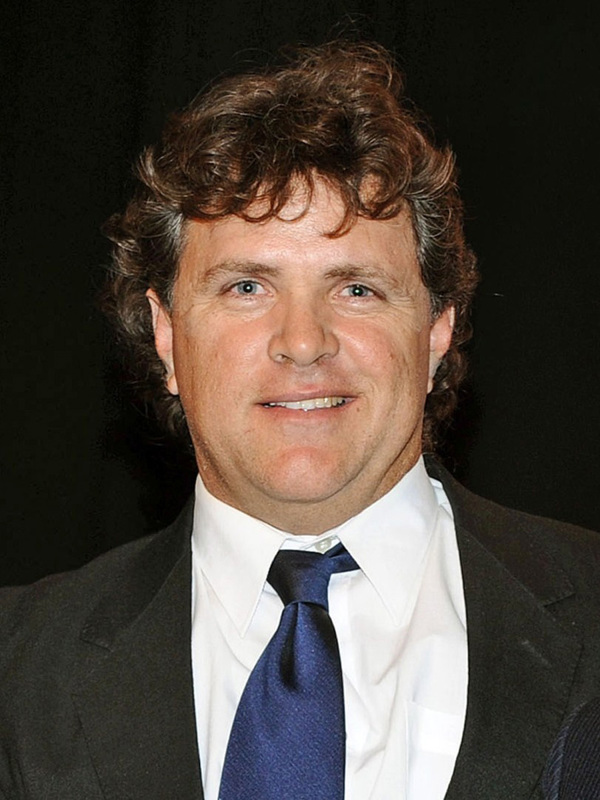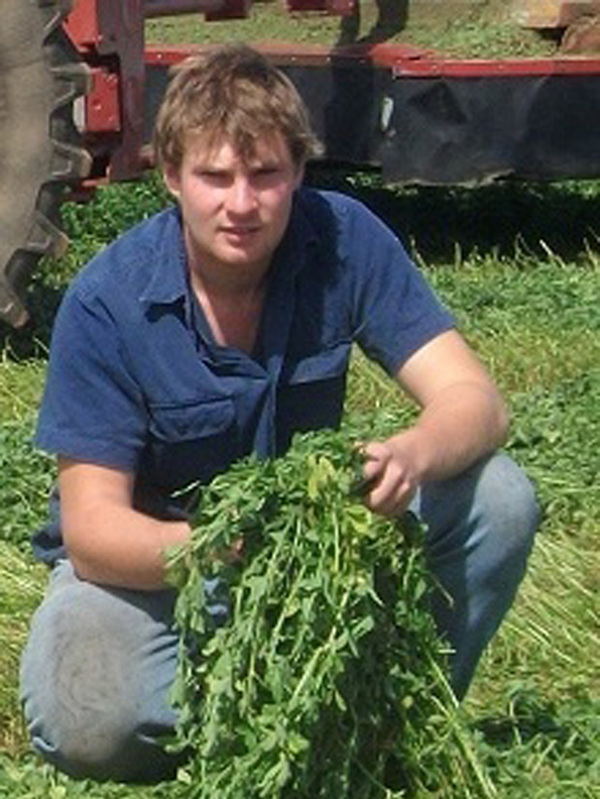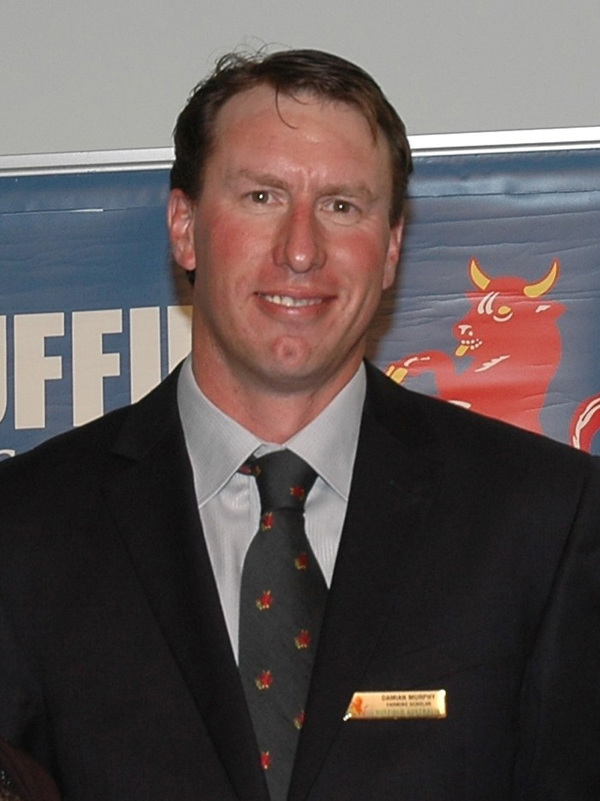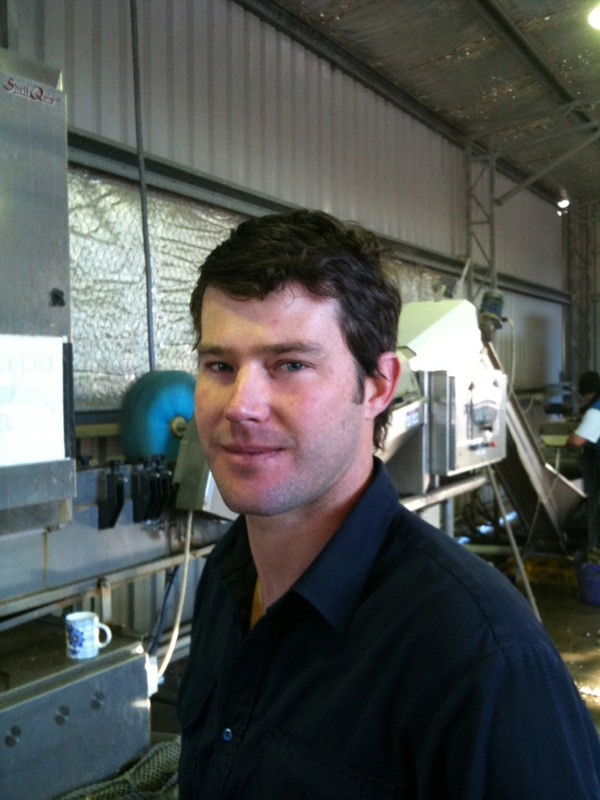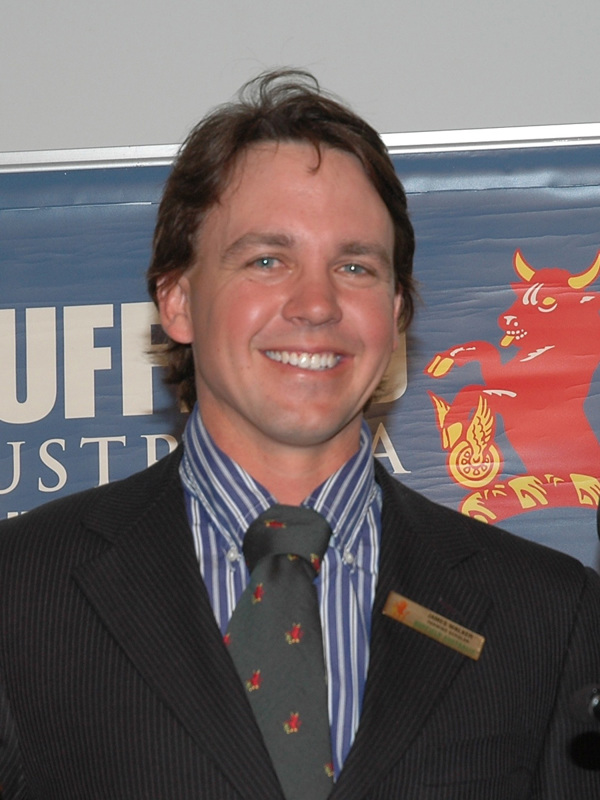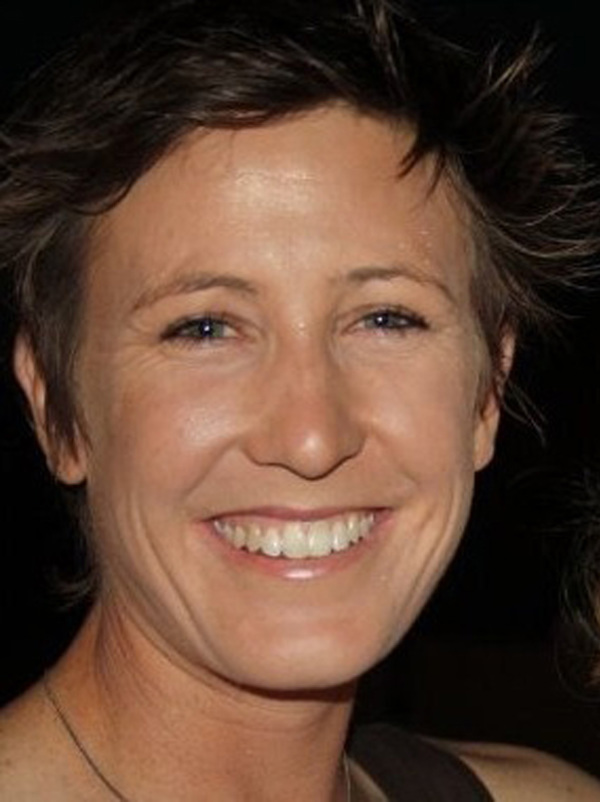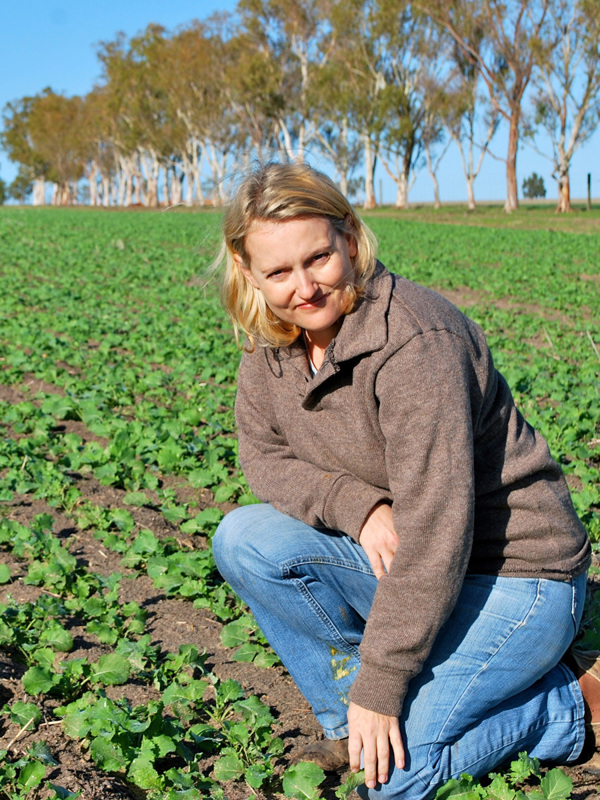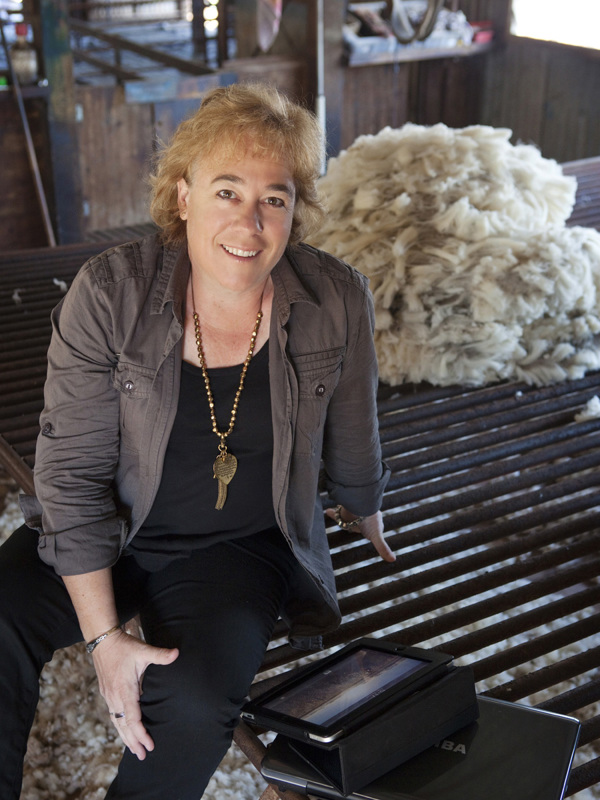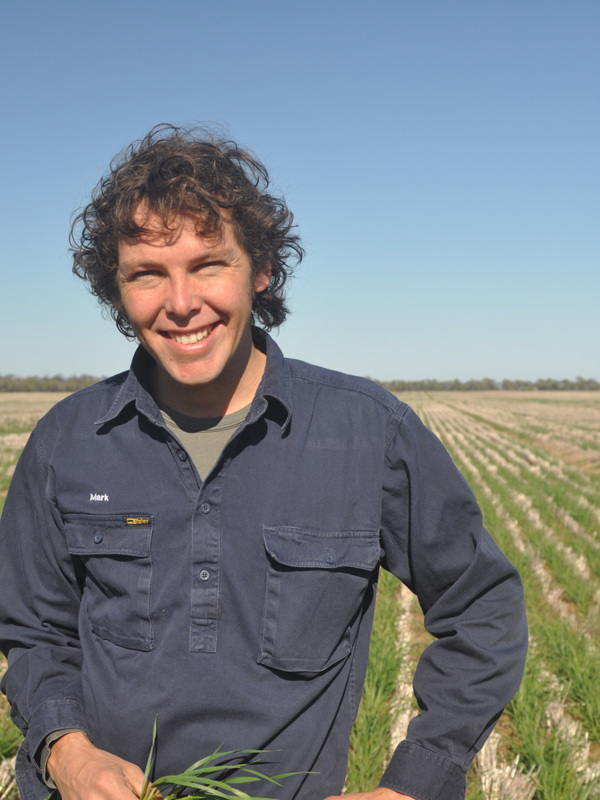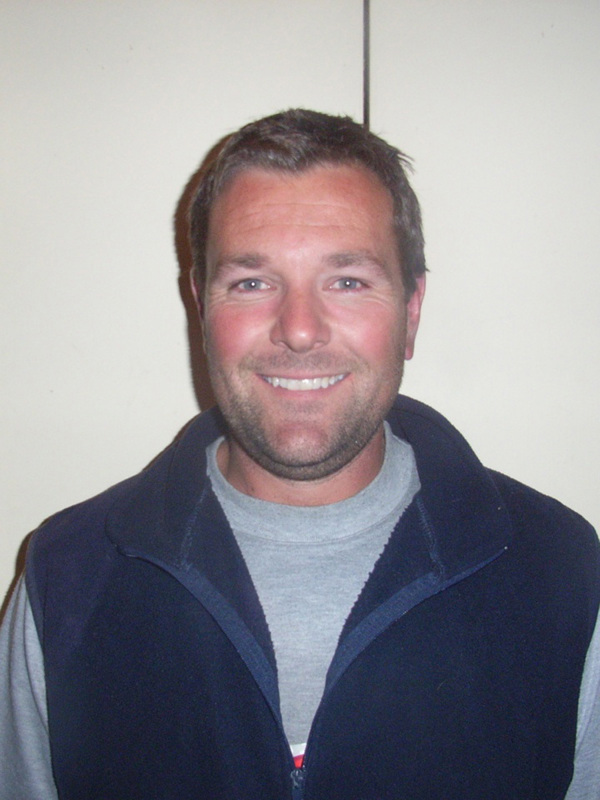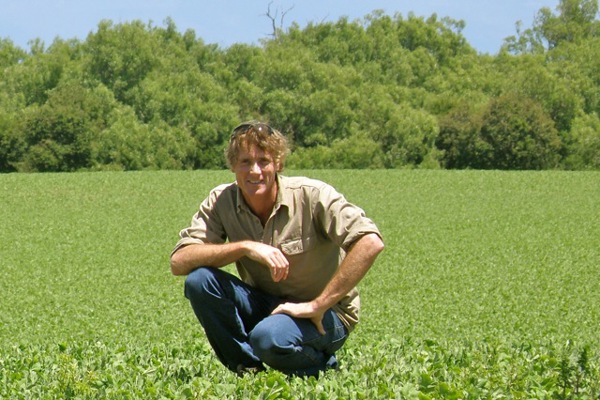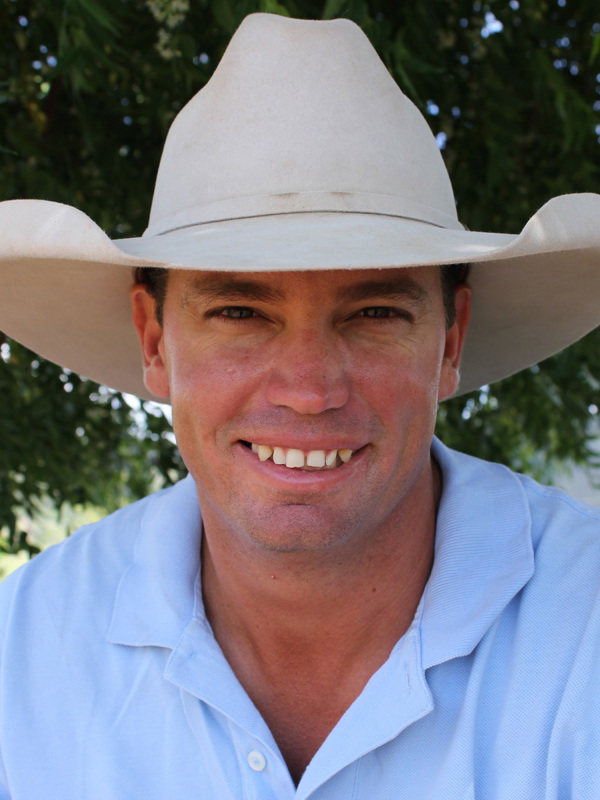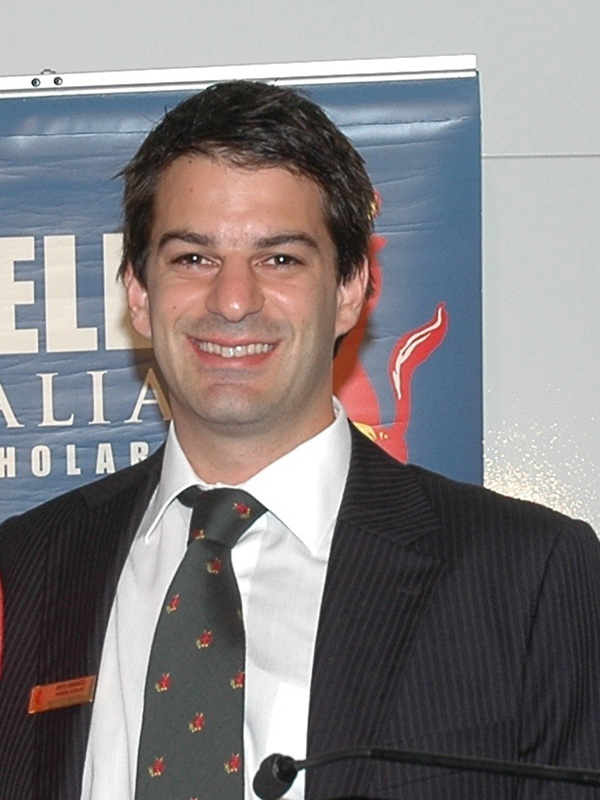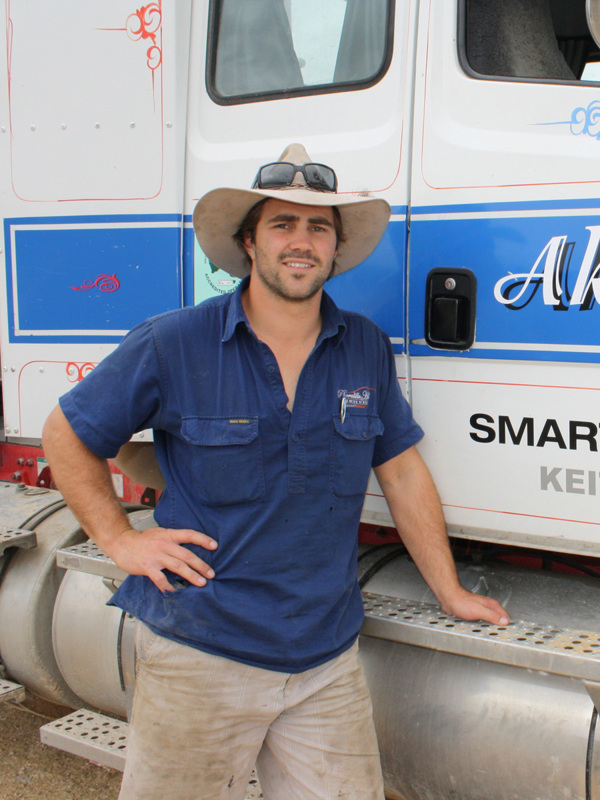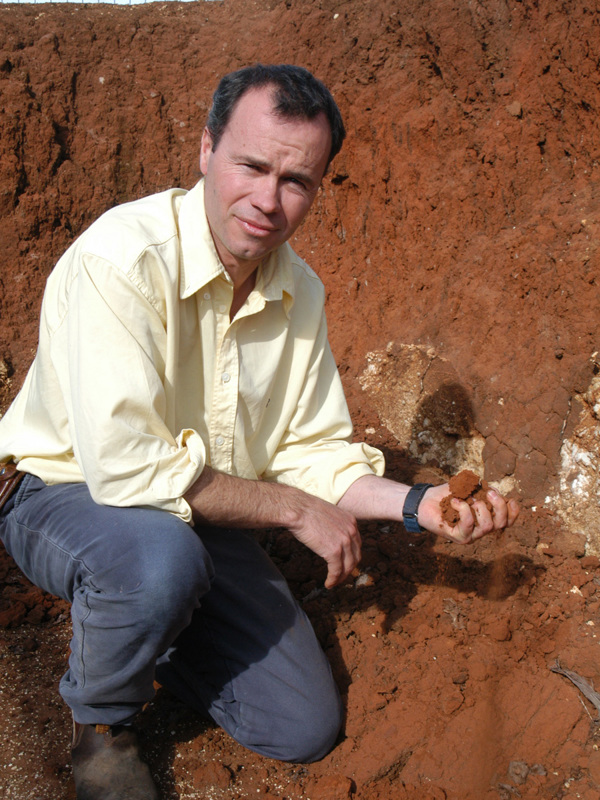
Ashley Fraser
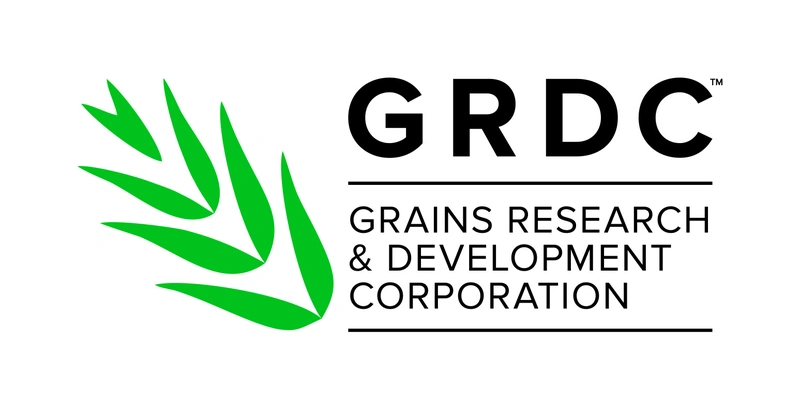
While Ashley Fraser believes there is great benefit to seed coat technology, there is also much yet to discover. Ashley studied how seed coating can both protect and enhance crop growth.
“I set out to try and build a tool-box of all the different coating options that we would have available to us, and therefore if we had an issue in the soil-bed with seed or whatever, we could possibly select a seed treatment that best suits an application to cure that issue,” he explains.
Ashley says seed coatings are commonly used for treating nutrition deficits in soil, control of disease and plant stress.
“These sorts of problems can be turned around by the use of a fungicide, insecticide or trace element seed treatments. Also, an inoculant can be used to stimulate the microbial activity in the soil, which then lets the plant better uptake nutrients,” he says.
Ashley travelled extensively through Asia, continental Europe, Canada and the USA, and the lack of knowledge on seed coating technology surprised him.
“Certainly in Australia there’s not a lot of knowledge, but then there’s a knowledge gap right around the world in this area, and this is where I really need to speak with the top researchers and so forth around the world to gather an understanding and try and bring that back. What I’ve found is that we’re still trying to understand all the variables, and every time I looked at a different type of seed coating, I ended up back in a soil nutrition discussion, so the two go hand-unhand in what we can achieve,” Ashley observed.
He says while chemical companies are putting large amounts of money into research, it is information not readily shared, meaning independent data is lacking for farmers and suppliers.
“I spoke with a lot of industry guys, a lot of private companies and obviously your big chemical companies that are pouring billions of dollars into research – the seed treatment sector worldwide is forecast to be $3.5 billion by 2016, so it’s a huge market share. Therein lies the challenge, because a lot of the seed-coating data is held in commercial confidence by companies for commercial gain,” he says.
Ashley says while there are challenges, the use of seed coat technology in Australia is an area ripe for progress.
“Absolutely, it just needs a concentrated approach and have everyone talking to one another and have that public dialogue. We’ve certainly got to do a lot of trial work under our own conditions, in our own soil types, with our own species of crops, and really try and work out now what works, what doesn’t and what the parameters are that we’ve got to work within,” he concluded.
